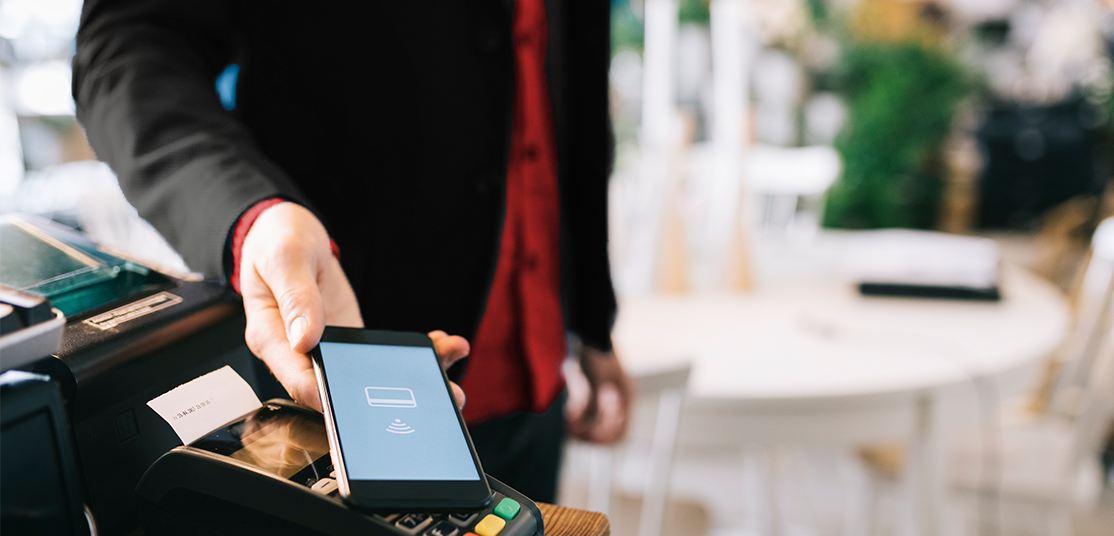Financial Tips for 2020 |
 |
Security: Keep Yourself, and Your Finances, Safe |
|
As part of our 20 Financial Tips for 2020 series, we want to make sure you have the tips and tools to keep yourself, and your finances, safe. |
| 1. Keep Your Private Information, Private |
|
We never think we will become a victim of fraud until it’s too late. That’s why, it is important to always be cautious when you are contacted and prompted for personal information. A common fraud tactic is to impersonate a financial representative and make-up a scenario, such as there being fraud on your account, to encourage you to release private information. Since your financial institution may indeed contact you, it is important to distinguish what they will not ask you for. At Wheelhouse Credit Union, we will never call you and ask you for:
If you are unsure of the caller’s identity, you should always hang up the phone and contact the institution directly. It is important to note, fraudsters may be using ‘line-tapping’ to stay connected after you hang up. This may allow them to remain on the line during your next call, or redirect it back to them. However, it is believed that line-tapping only remains in effect for several minutes after the initial call. Therefore, we recommend you wait 5 to 10 minutes before calling the institution directly, or call immediately from another line. |
| 2. Set Strong Passwords or Use an Alternative Method. |
|
This is SO important, we cannot stress it enough. Here are a few dos and don’ts when setting up your passwords:
Do you have a hard time remember passwords? Consider using a secure password management system such as Bitwarden or a tool such as a YubiKey. |
| 3. Protect Your Personal Identification Number (PIN) |
|
| 4. Use a Digital Wallet |
|
Generally speaking, digital wallet applications are better secured than your physical credit or debit card. This is because the digital wallet app provides a unique, one-time code whenever you make a purchase. This code can only be used for that specific purchase, which means if a hacker got the code, they wouldn’t be able to use it. By using a code, it also eliminates the need for card details to be transferred, preventing an employee and/or a potential hacker from receiving your card details. To learn more about the security of digital wallets, you can check out this article on DefendingDigital. |
| 5. Be Wary of Public WiFi |
|
Public WiFi is both convenient and dangerous. The number one tip to remember when you are connected to public WiFi is to avoid making any financial transactions or logging into any financial account. You may want to consider using a Virtual Private Network (VPN) for an extra layer of security when using public WiFi. You can learn more about VPNs and see a provider comparison here. |
|
For more information on security and common fraud tactics, visit WheelhouseCU.com/security. |
